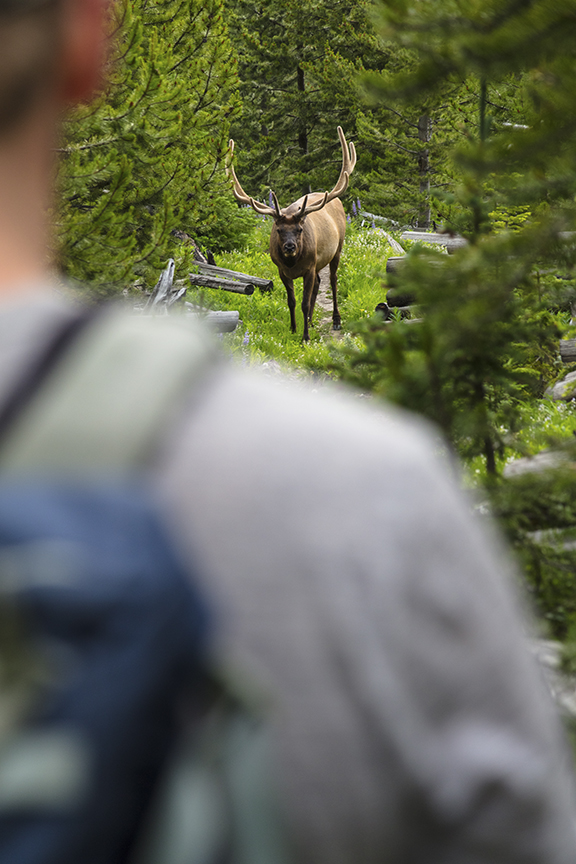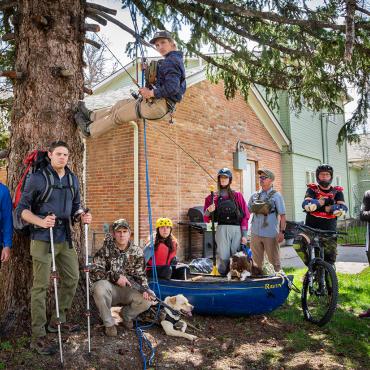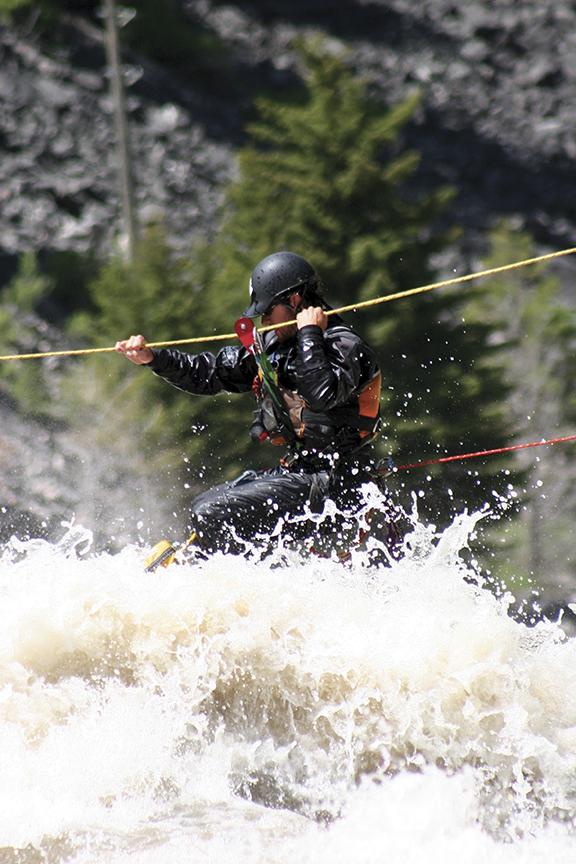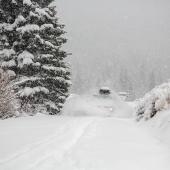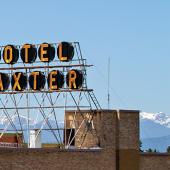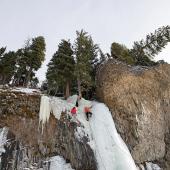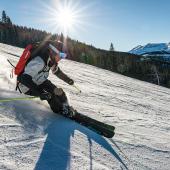Safe & Secure
For all its rugged beauty, Montana’s backcountry holds its fair share of danger. Avalanches, lightning, frigid water, bears, rattlesnakes… the list goes on. Now, the odds are in your favor, but it still pays to get trained up, because when the shit hits the fan, a little learnin’ goes a long way.
Wilderness First Aid
No matter the outdoor pursuit, a Wilderness First Aid course through a local outfit like Crossing Latitudes is a must. These two-day clinics (typically held on weekends) cover everything you need to know to keep an injured friend safe until the pros arrive. They’re a bit pricey, but well worth the investment. If you plan on finding yourself deep in the backcountry, hours or even days from help, go all in and sign up for a Wilderness First Responder. This week-long course is comprehensive and covers most potential ailments and injuries.
Avalanche Education
If you have any plans to ski the backcountry this winter, get some avalanche training. The Gallatin National Forest Avalanche Center runs free hour-long seminars all over town come November, but do yourself a favor and get a more in-depth certification with one of their Level 1 courses. If it’s an immersive experience you’re after, Big Sky Backcountry Guides runs Level 1 and 2 courses at its yurt in the Tobacco Roots, and Beartooth Powder Guides offers courses in Cooke City.
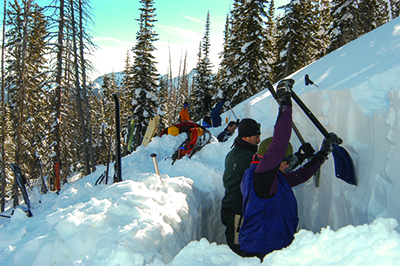
Swiftwater Rescue
For boaters, swiftwater rescue is a must. The creeks and rivers most folks run in the spring are cold, full of strainers, and downright dangerous. Learn safety skills from the pros at Montana Whitewater to avoid heading up a creek without a paddle. If you plan on leading whitewater trips, Guide School is a great option as well. It’s required for Montana Whitewater employees, but open to interested members of the general public.
Wildlife Awareness
To go for a hike on one of our local trails is to go on safari: you never know what member of the animal kingdom you might come across. Some are welcome sights, like a big muley buck grazing in a sun-dappled meadow. But others, like a bull moose at 20 yards or a sow grizzly with cubs, will put the fear of God into you. You have every right to be afraid, but it’s best not to show it. Animals pick up on cues from humans, and react accordingly. In bear country, also known as Montana, carry pepper spray and know how to use it. Pick up on sights and sounds that could clue you into the presence of other wildlife, and if you do see something, a little common sense goes a long way. Don’t approach animals; respect their space and for the most part, they’ll respect yours.
